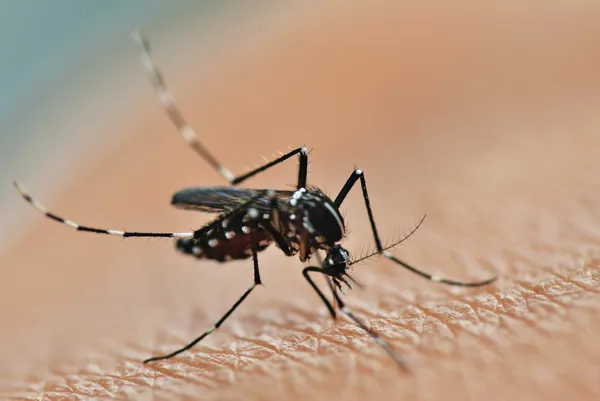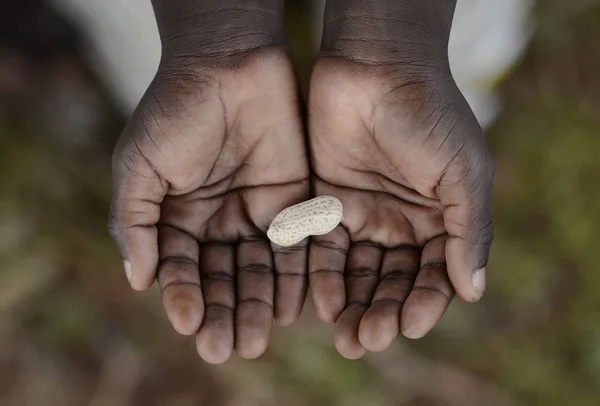Vector-borne diseases are those diseases that are spread or transmitted by insects and other organisms in the arthropod species.
These insects or vectors get the diseases from an infected host and then transmit them to humans when they come in contact with them. Some common examples of vectors are mosquitoes, ticks, and tsetse flies.
Vector-borne diseases are found in most parts of the world, although there might be a difference in prevalence depending on the type of vectors found in a region. In this article, we would be looking at some of the common vector-borne diseases in Nigeria.
1. Malaria
Malaria is a disease transmitted by the female Anopheles mosquito. Malaria can be very life-threatening if not quickly treated and is a leading cause of death in Nigeria and Africa as a whole.
Malaria poses a significant public health challenge in Nigeria, with an estimated 68 million cases and 194,000 deaths attributed to the disease in 2021. Nigeria bears the highest global malaria burden, representing close to 27% of the total global malaria burden. This information is based on a report on malaria in Nigeria in 2022
Malaria often causes fever, and some of the common symptoms include dizziness, nausea, rising temperature, loss of appetite, and more.
The good news is that there are drugs available for both children and adults to treat Malaria. But what is important is that these drugs are taken on time. If you experience any of the symptoms commonly associated with malaria, visit a hospital for a checkup.
To prevent malaria, make use of insecticides in your homes. Also, get rid of stagnant water around your surroundings.
Another thing you can do is to sleep under mosquito-treated nets. This would keep mosquitoes away from you while you sleep.
2. Yellow Fever
Yellow fever is another disease spread by mosquitoes of the Aedes aegypti species. The common symptoms of yellow fever include headache, red eyes, sensitivity to light, and, in serious cases, yellowing of the skin, which is also known as jaundice.
Yellow fever can be prevented by getting vaccinated, which is part of the mandatory vaccination for children just months after birth.
This vaccination can provide lifelong protection against the virus. People who are travelling to Nigeria for the first time are advised to vaccinate themselves against the disease.
3. Sleeping Sickness
Sleeping sickness, also known as African Trypanosomiasis, is a disease transmitted by the tsetse fly, an insect native to sub-Saharan Africa.
The tsetse fly carries the Trypanosoma brucei rhodesiense and Trypanosoma brucei gambiense parasites, which are responsible for the disease. If left untreated, it can lead to death.
Some common symptoms of the disease include fatigue, aching joints and muscles, lethargy, and so on. In extreme cases, it could lead to death.
Sleeping sickness can only be confirmed by a proper diagnosis at a hospital.

4. River Blindness
Spread by the black fly, river blindness or Onchocerciasis is one of the leading causes of blindness by infection. The black fly is commonly found near rivers, hence the name of the disease.
The fly transmits a parasite worm when it bites a person. This worm creates larvae of its own, which infect the next black fly that bites the person.
Intensified efforts, over the years, have led to a reduction in the number of people the disease affects in Nigeria, but this does not mean it has been completely phased out.
The disease currently has no cure, but it can be prevented by certain drugs, like ivermectin, which kills the larvae but not the adult worms.
5. Dengue Fever
Dengue fever is also one of the most common vector-borne diseases in Nigeria. It is the most prevalent viral infection transmitted by Aedes mosquitoes.
Dengue is caused by a virus of the Flaviviridae, and the symptoms include fever, loss of appetite, body pains, and rashes.
However, around one in four people who are infected with dengue will get sick. The symptoms can be mild or severe, but severe dengue can be life-threatening within a few hours and often requires care at a hospital.
There is no specific medicine to treat dengue, but a vaccine is available. A recent report suggested that dengue is a growing public health problem in Nigeria.
ALSO READ:
- 5 Common Eye Diseases in Nigeria
- 5 Common Diseases in Nigeria and How to Prevent Them
- 6 Common Zoonotic Diseases in Nigeria
- 5 Common Paediatric Emergencies in Nigeria
- Nigerian Child Vaccination Schedule 2022
- List of Notifiable Diseases in Nigeria
Collins Nwokolo is a human physiologist, writer and health enthusiast. He loves writing helpful articles on health and fitness, which he enjoys sharing with everyone.








